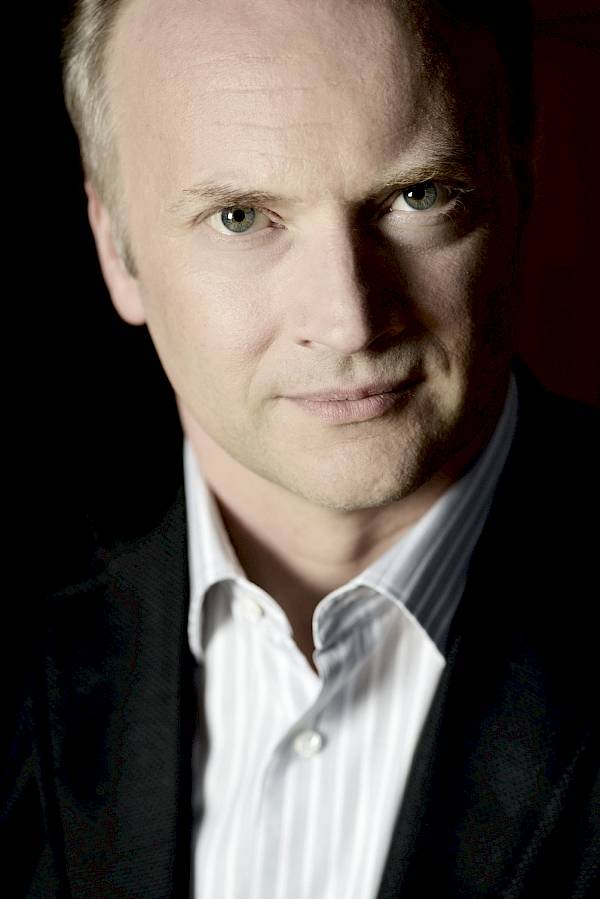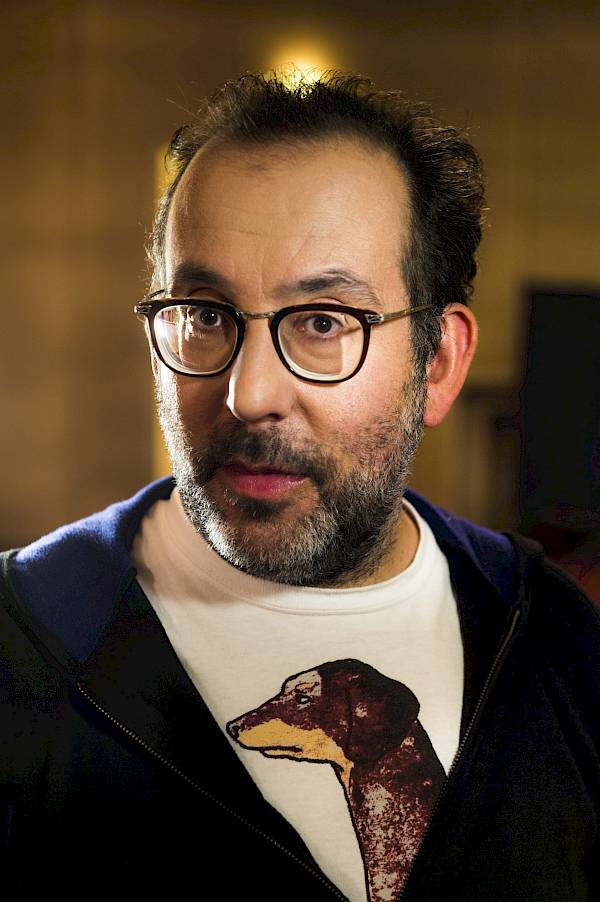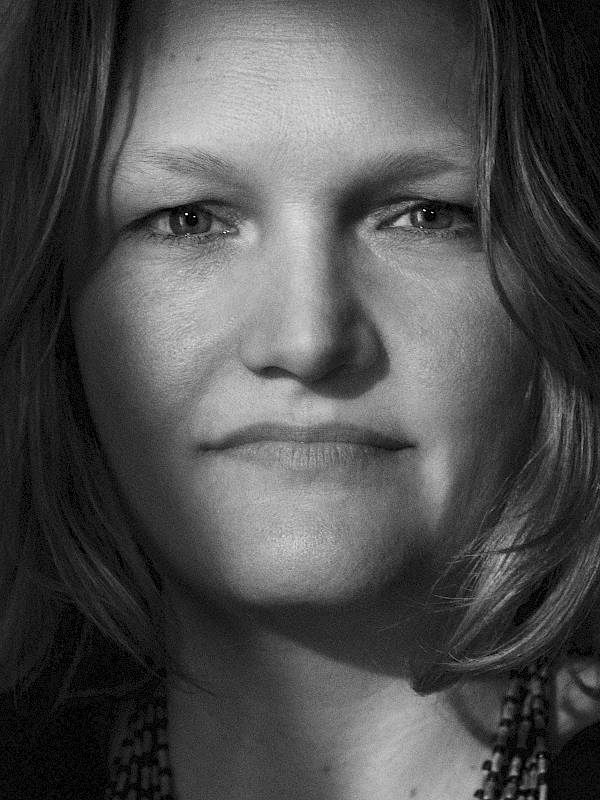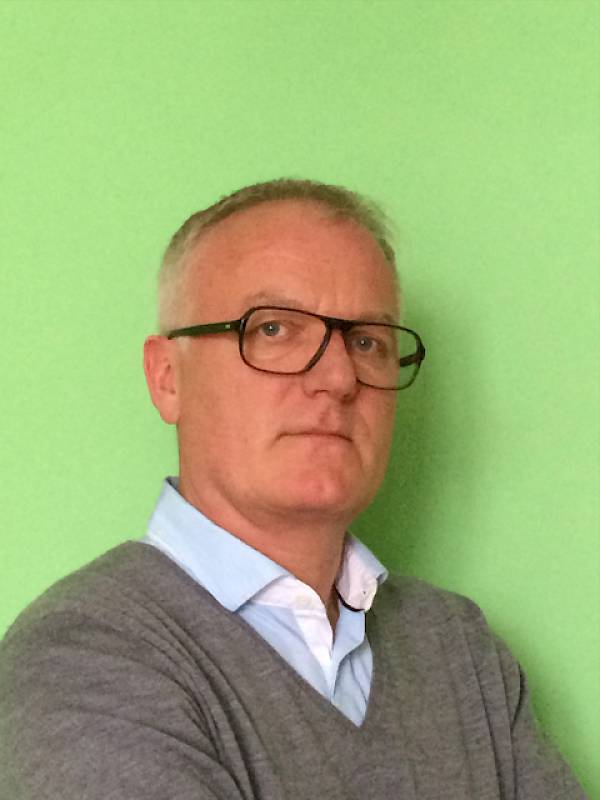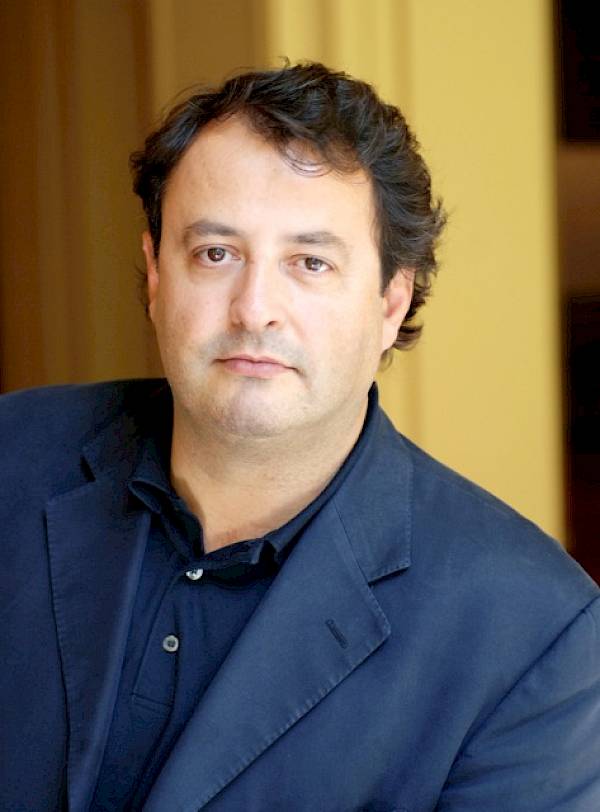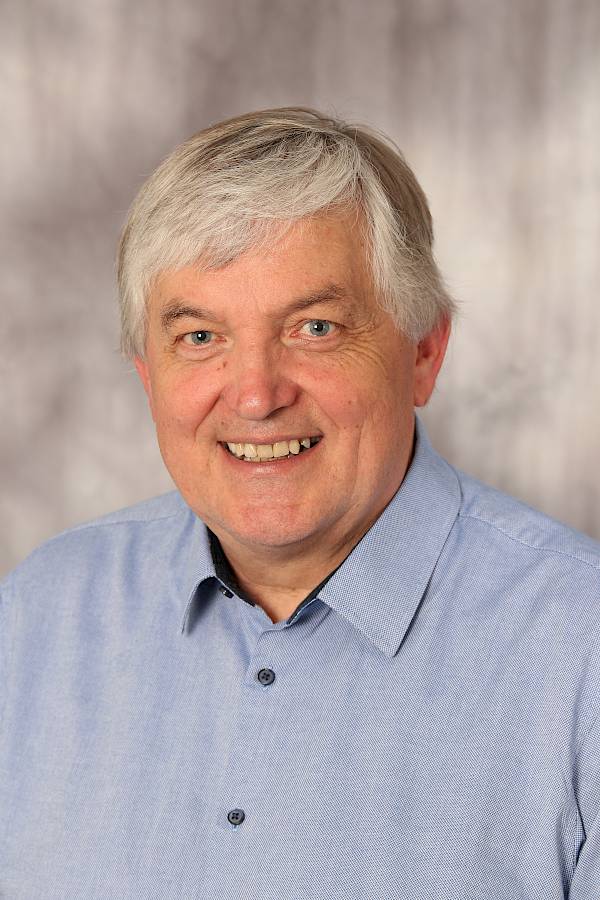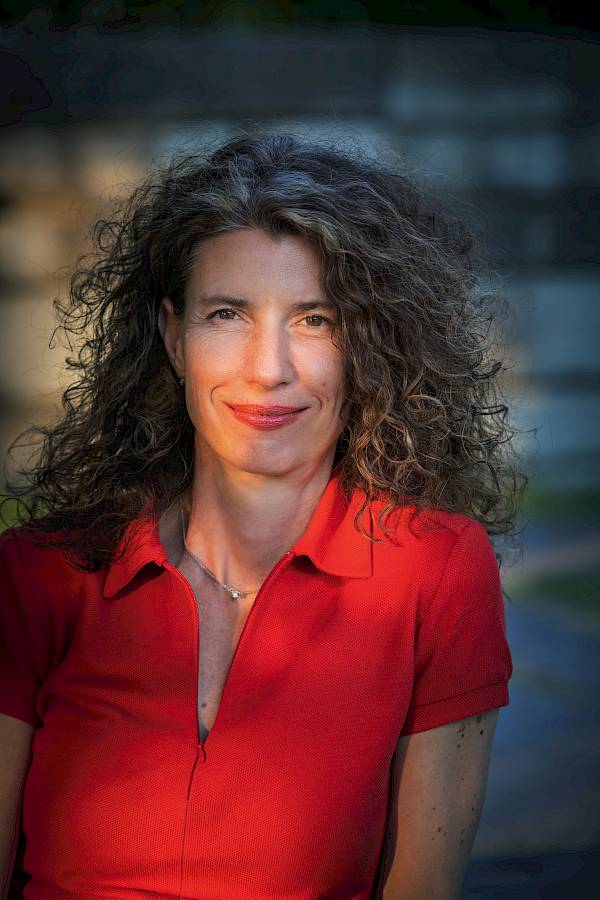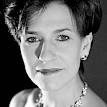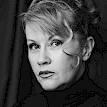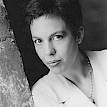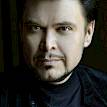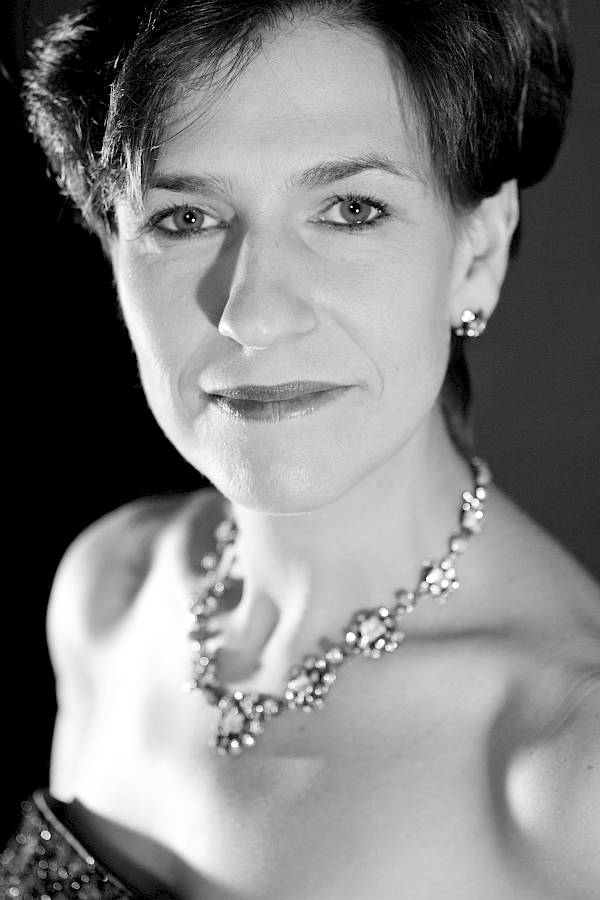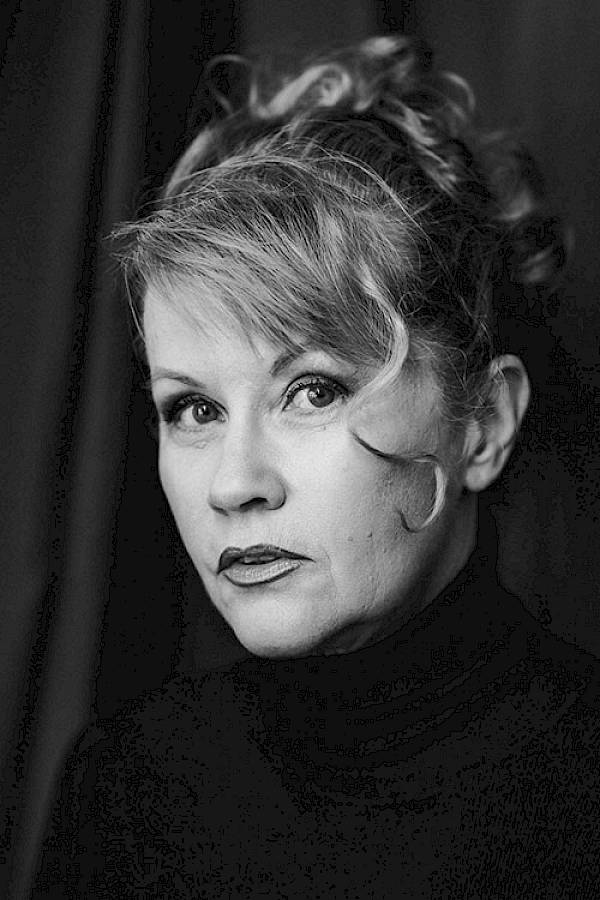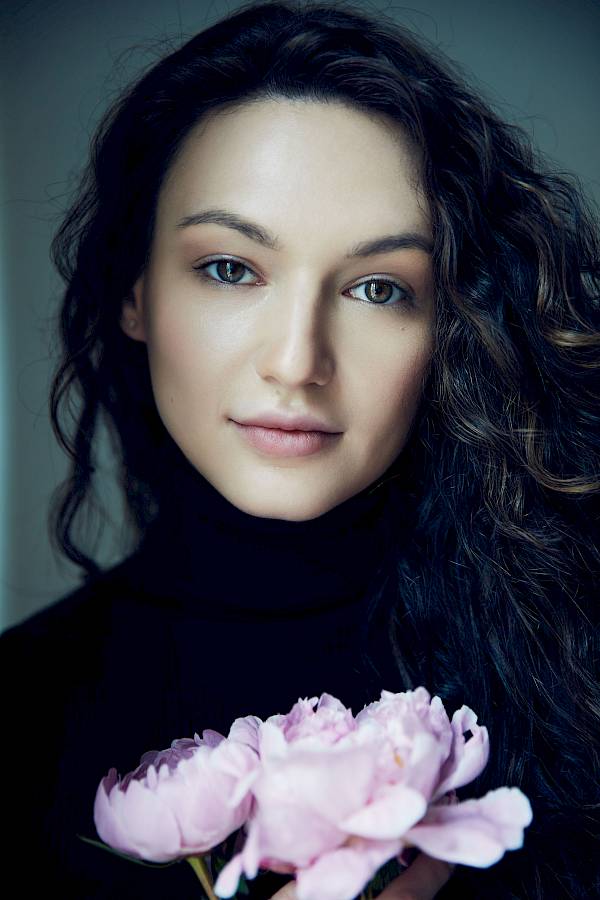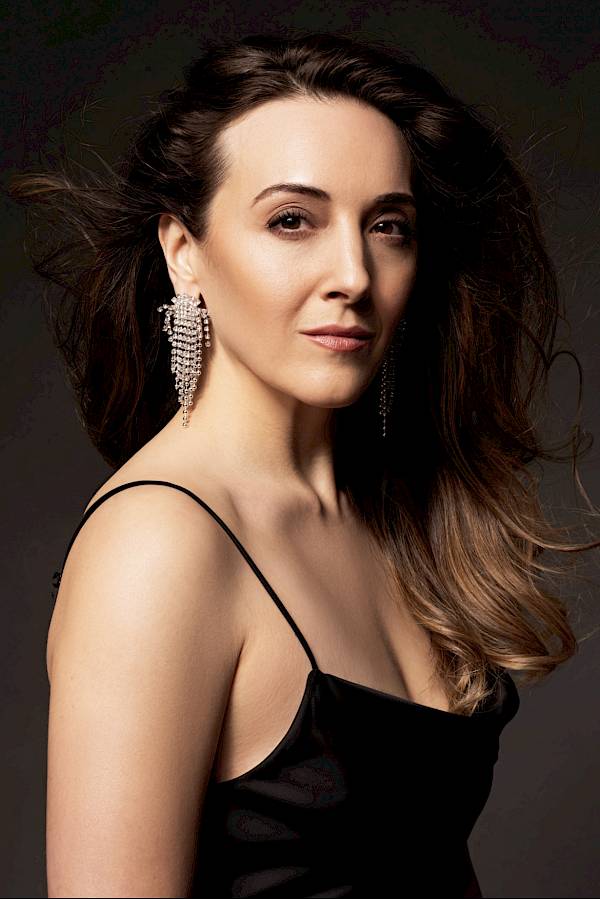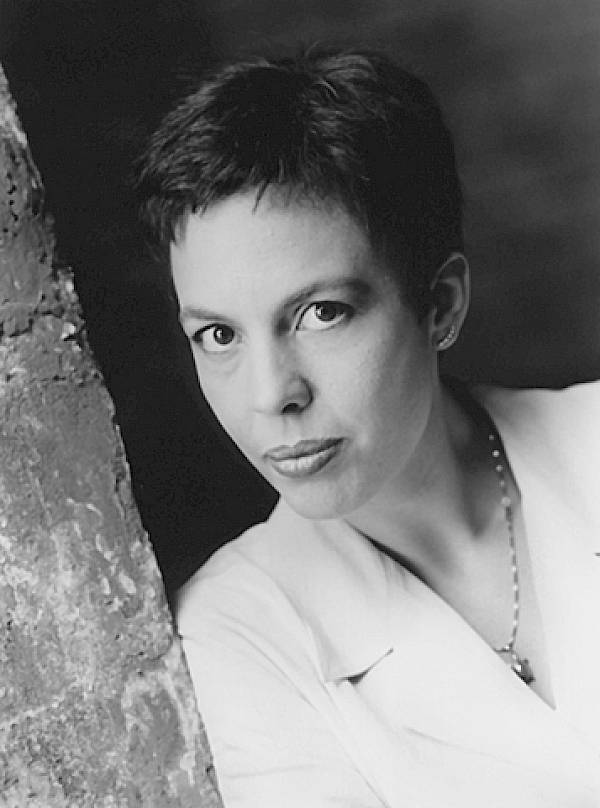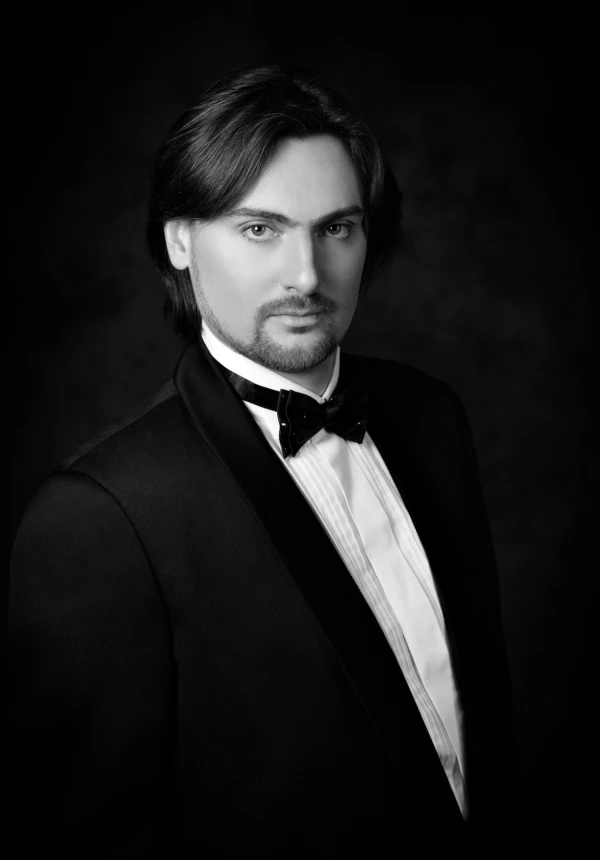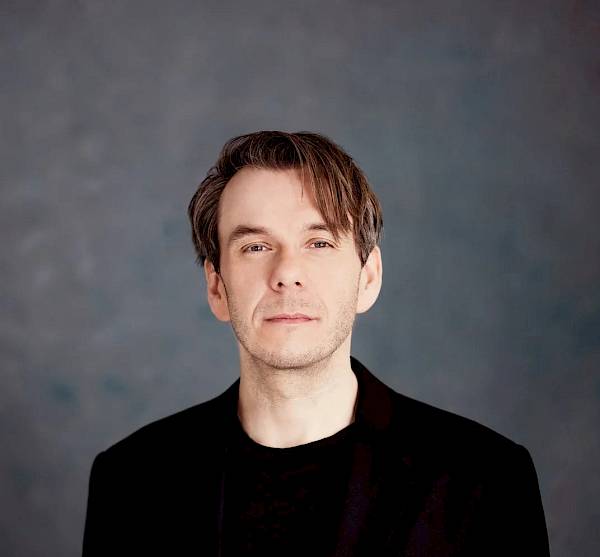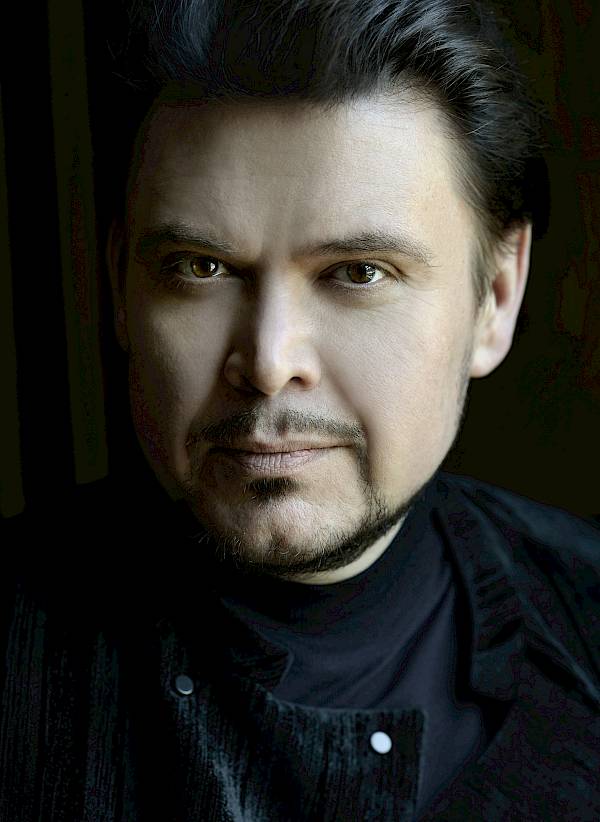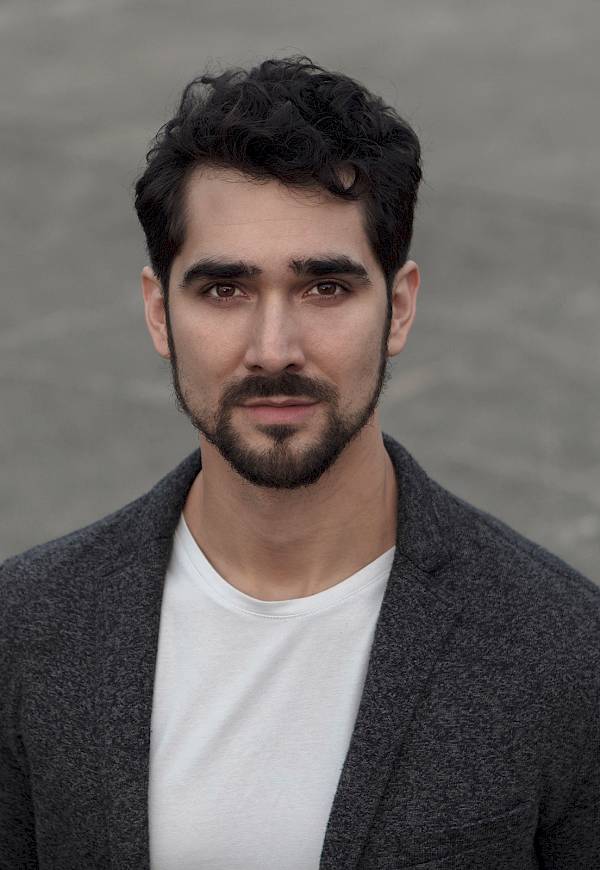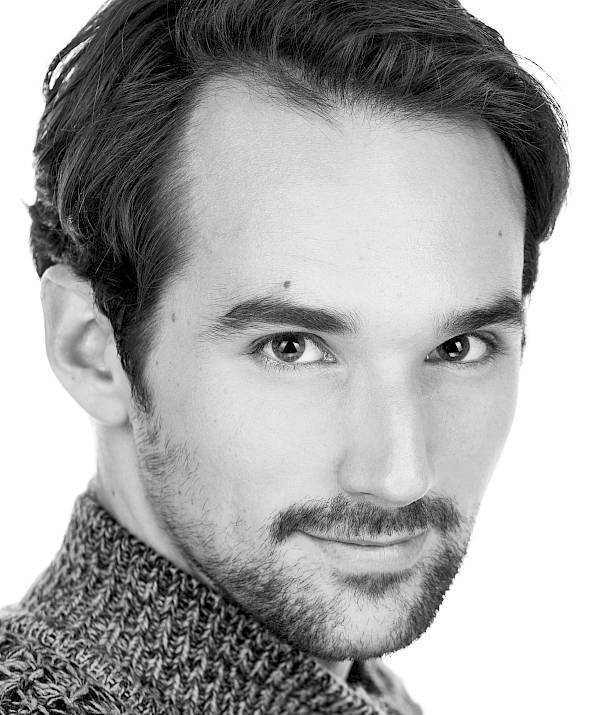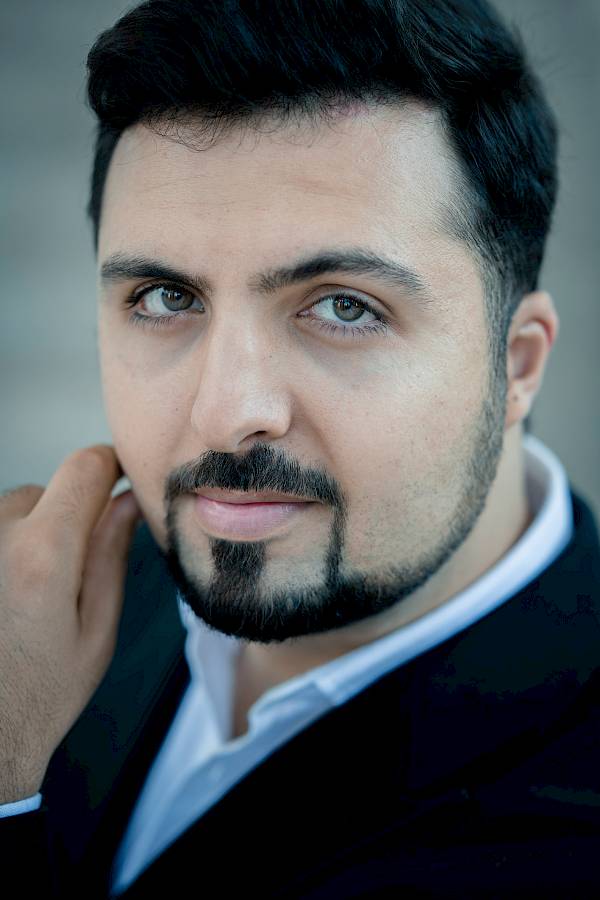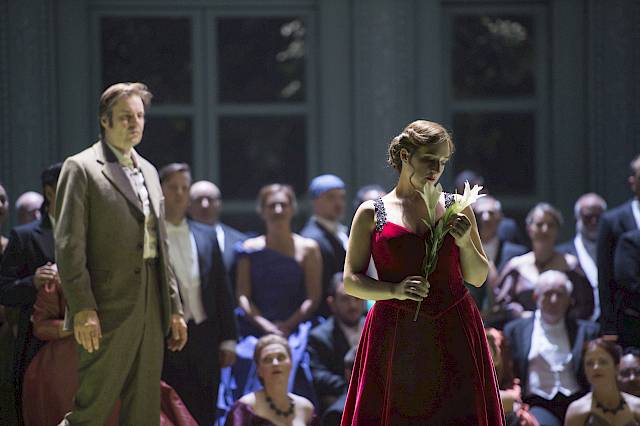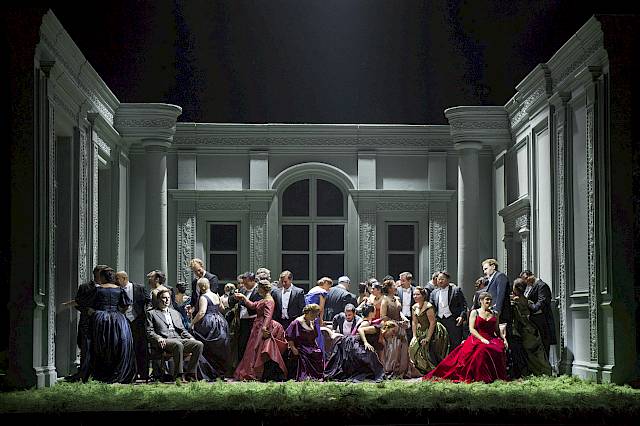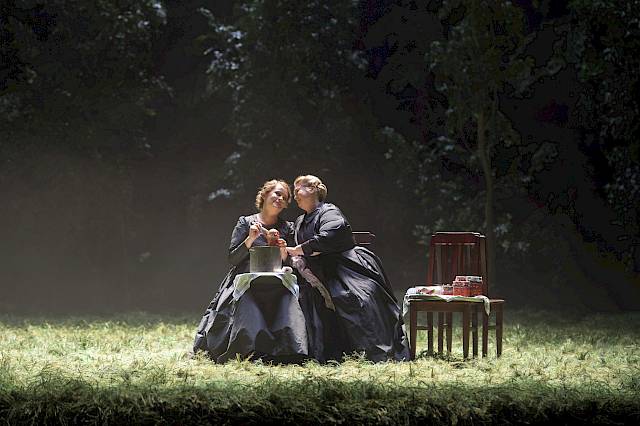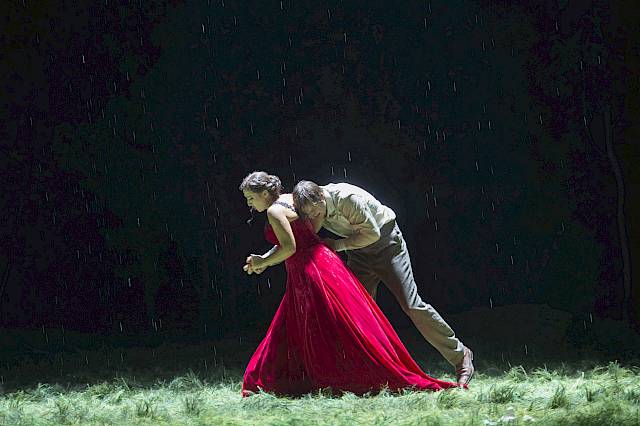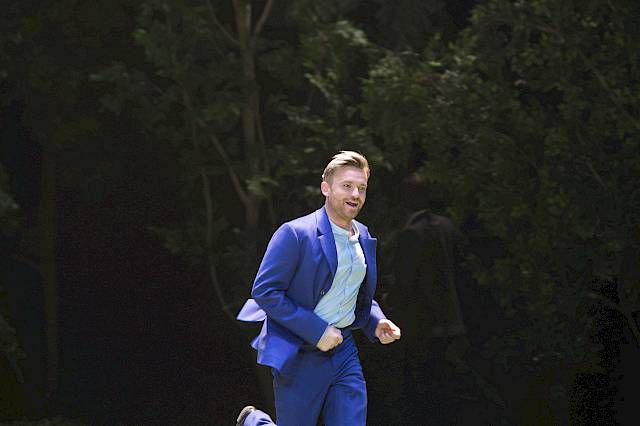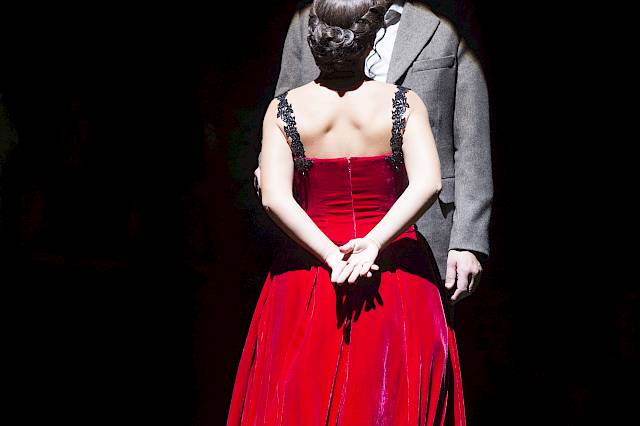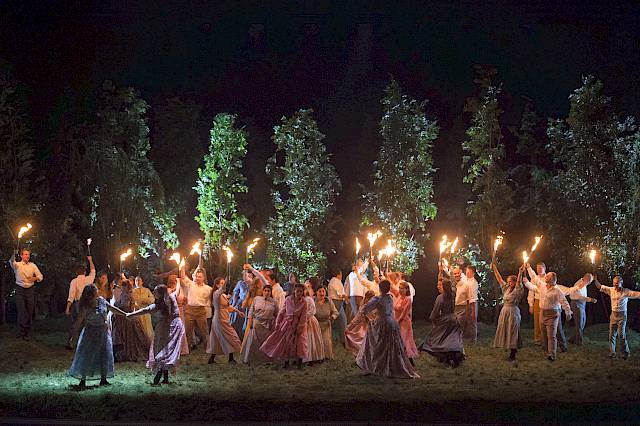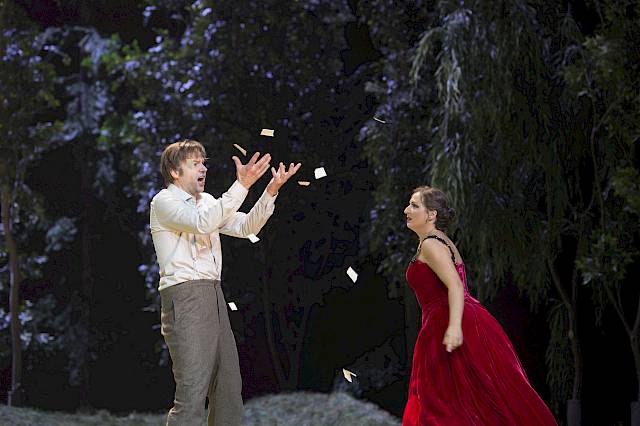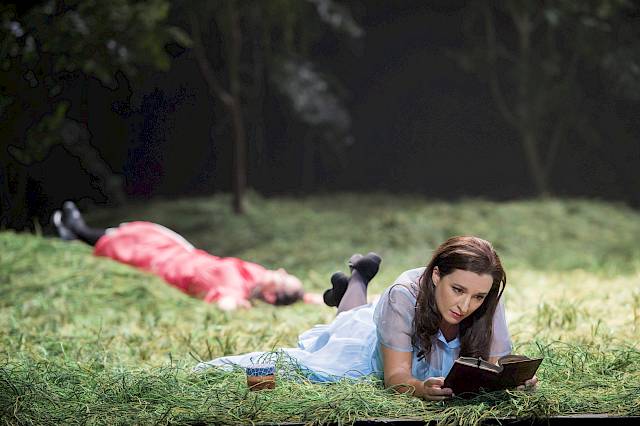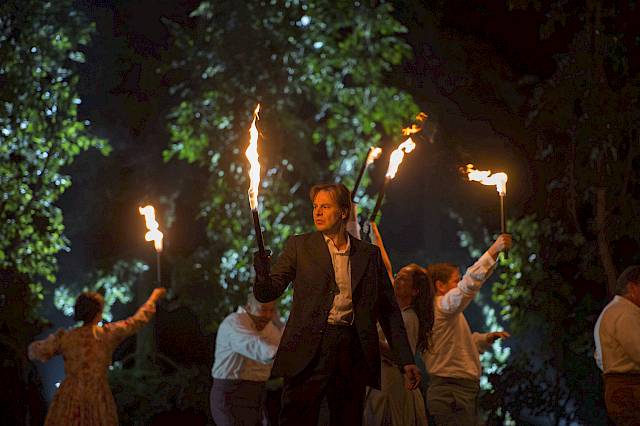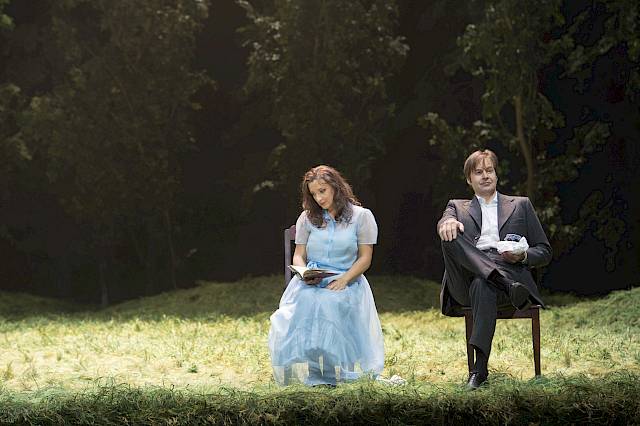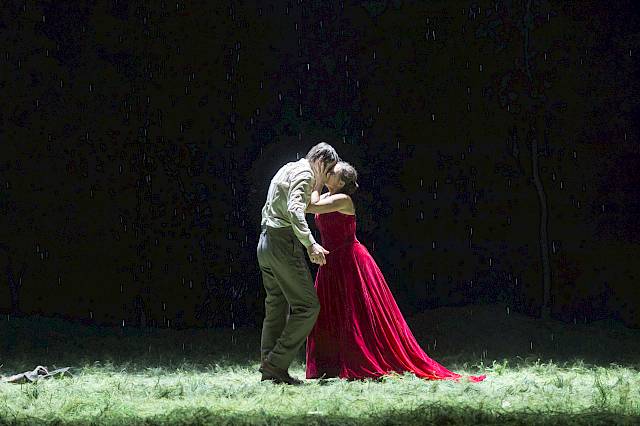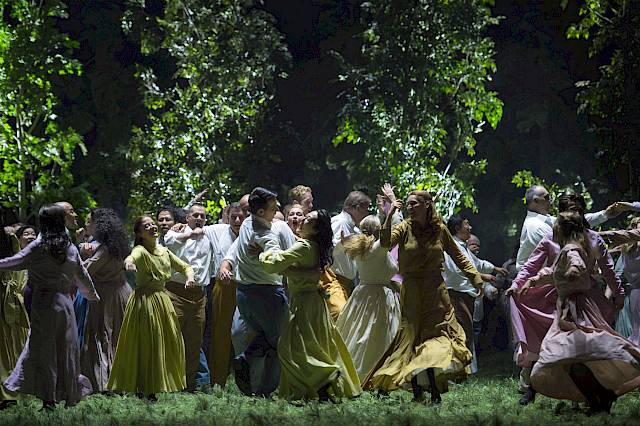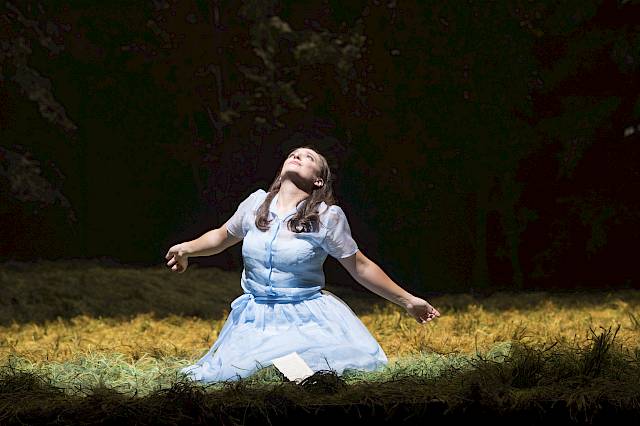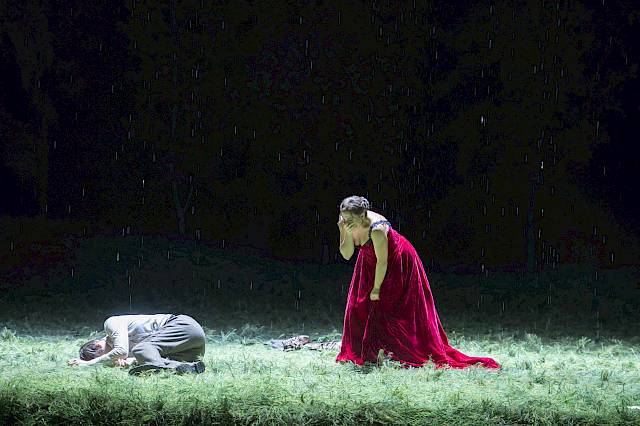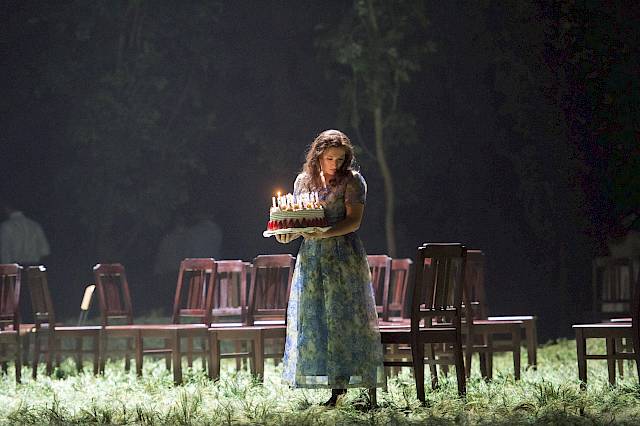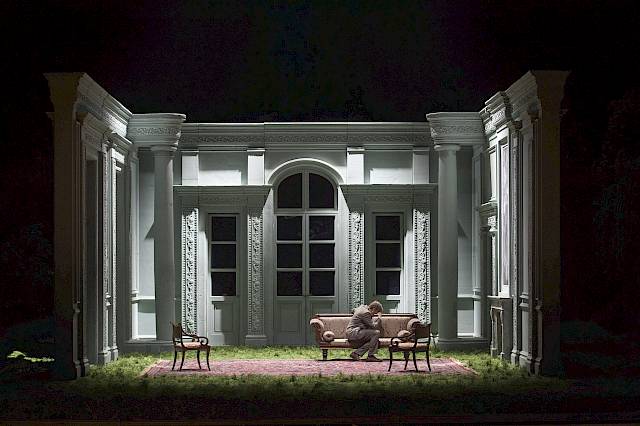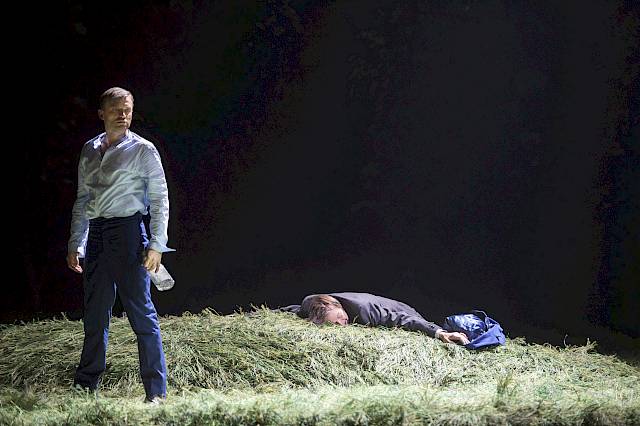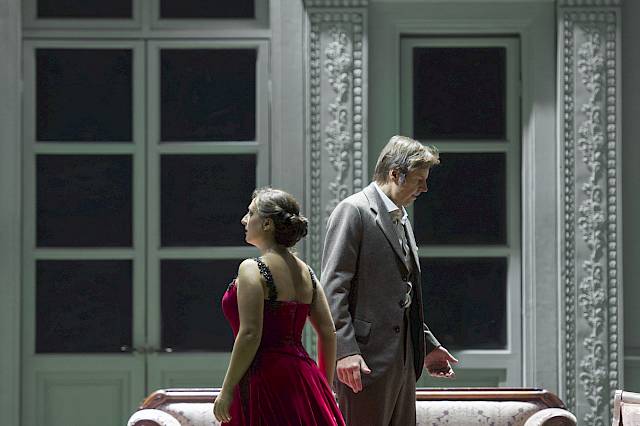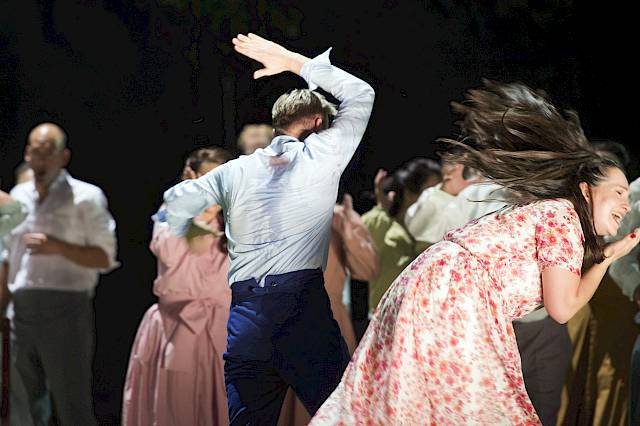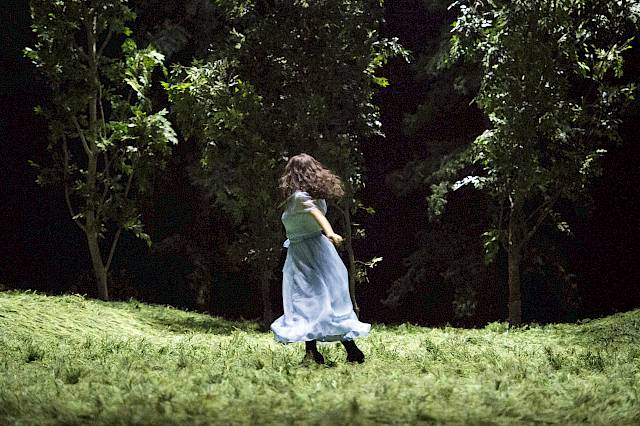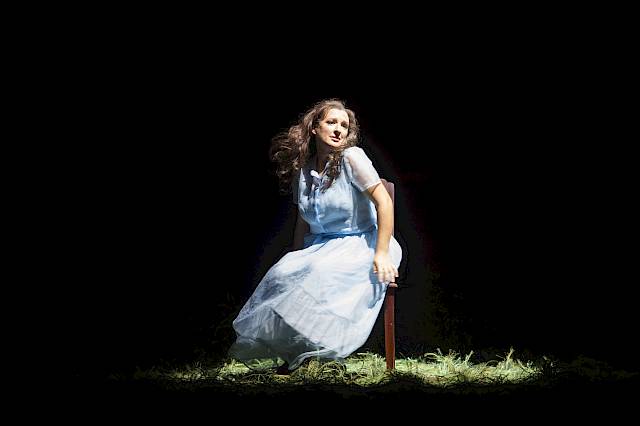Abstract
Despite admonitions from friends and colleagues that Alexander Pushkin’s serial novel wasn’t dramatic enough and offered too little action for the stage, Tchaikovsky pressed ahead anyway and composed his intimate «lyrical scenes», as he himself described his opera Jewgeni Onegin. Soon after its Moscow premiere, Onegin had established itself as one of Tchaikovsky’s most popular operas. In the revival of Barrie Kosky’s highly acclaimed production, the title role is played by Igor Golovatenko. The baritone is a member of the ensemble at the Bolshoi Theater in his hometown of Moscow and has enjoyed an international career in recent years. Ukrainian soprano Ekaterina Sannikova makes her debut at Zurich Opera House as Tatjana, and appearing as Lenski is Benjamin Bernheim, whose meteoric rise to operatic fame began in Zurich. Conducting from the podium of the Philharmonia Zürich is General Music Director Gianandrea Noseda, who has displayed an affinity for Russian music ever since he was Principal Guest Conductor at the Mariinsky Theater in St. Petersburg.
Jewgeni Onegin is the tragic story of missed opportunity. At the center of the story is Tatjana, whose life revolves around her books. She falls in love with Onegin at first sight, but he is a spoiled, condescending intellectual. On the night of their first meeting, she writes him a rapturous letter, professing her love for him and placing her fate in his hands. He coldly rejects her – he is not made for marriage. Later, Onegin flirts with Olga, Tatjana’s sister, at a ball. But Onegin’s friend Lenski is in love with Olga, and challenges him to a duel, which ends when Onegin shoots Lenski. Years later, Tatjana and Onegin unexpectedly meet again; Tatjana is now the wife of the rich Prince Gremin. Onegin’s effusive admission of love comes too late.


